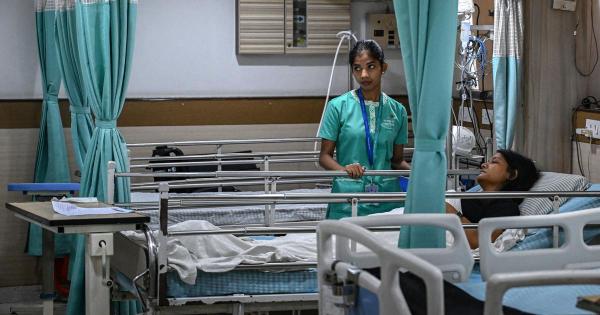

India’s healthcare system faces major challenges in accessibility, quality, and cost. With only 1.3 hospital beds per 1,000 people in 2024 – well below the World Health Organization’s recommendation of three per 100 – the country struggles to provide adequate care, especially in rural areas. Over the past two decades, private equity has played a significant role in addressing these gaps.
Private equity investments in India’s healthcare and pharmaceutical sector reached $5.5 billion in 2023, a 25% increase from the previous year. The country’s healthcare market including diagnostics, outpatient consultations, retail pharmacies and hospitals was valued at $180 billion in 2023, and is expected to reach about $320 billion by 2028. Major investments in hospital chains have led to expanded and upgraded facilities, particularly in tier 2 and tier 3 cities, improving healthcare access for millions.
As of 2024, India had 44,100 private hospitals and approximately 1.18 million beds in private hospitals, with an expected addition of more than 22,000 beds in the next few years. However, the focus on high-margin services has sparked concerns about rising healthcare costs and inequities in access, as wealthier urban populations benefit more from these investments while rural and low-income communities face continued barriers. These disparities raise questions about how private equity investments align with public health objectives and the need for equity...
Read more